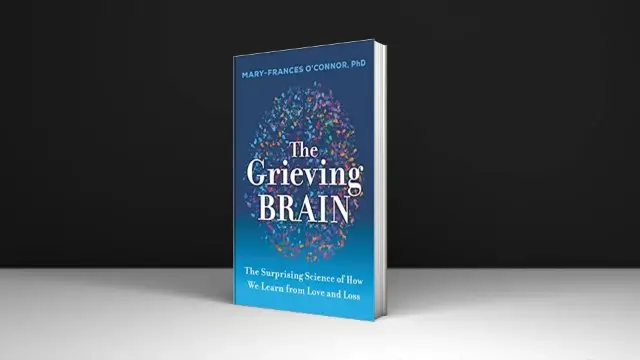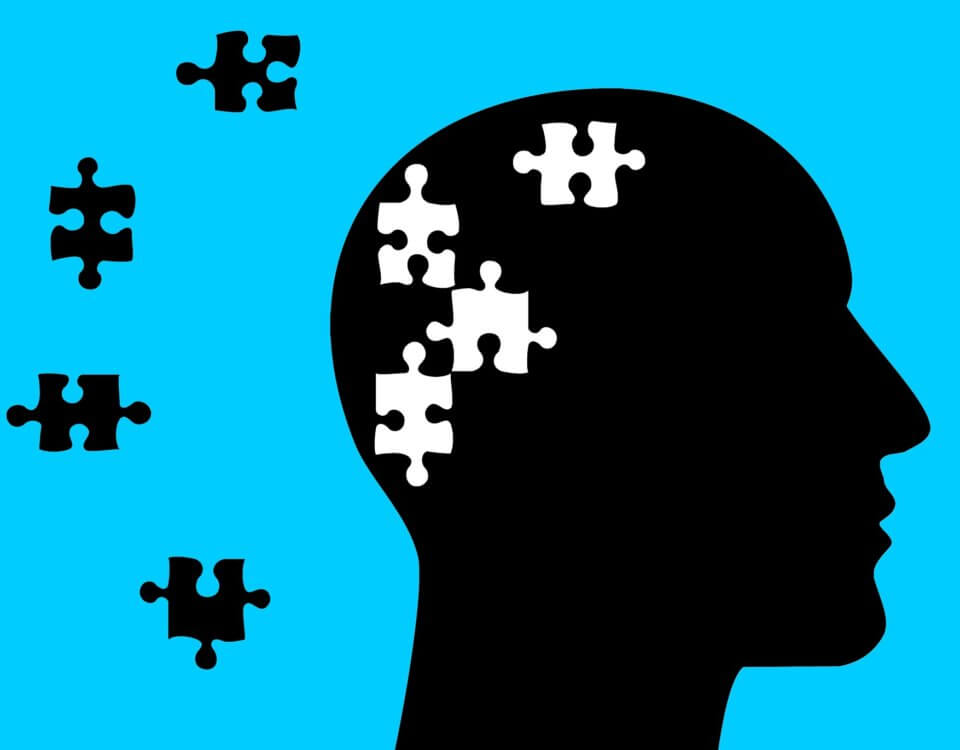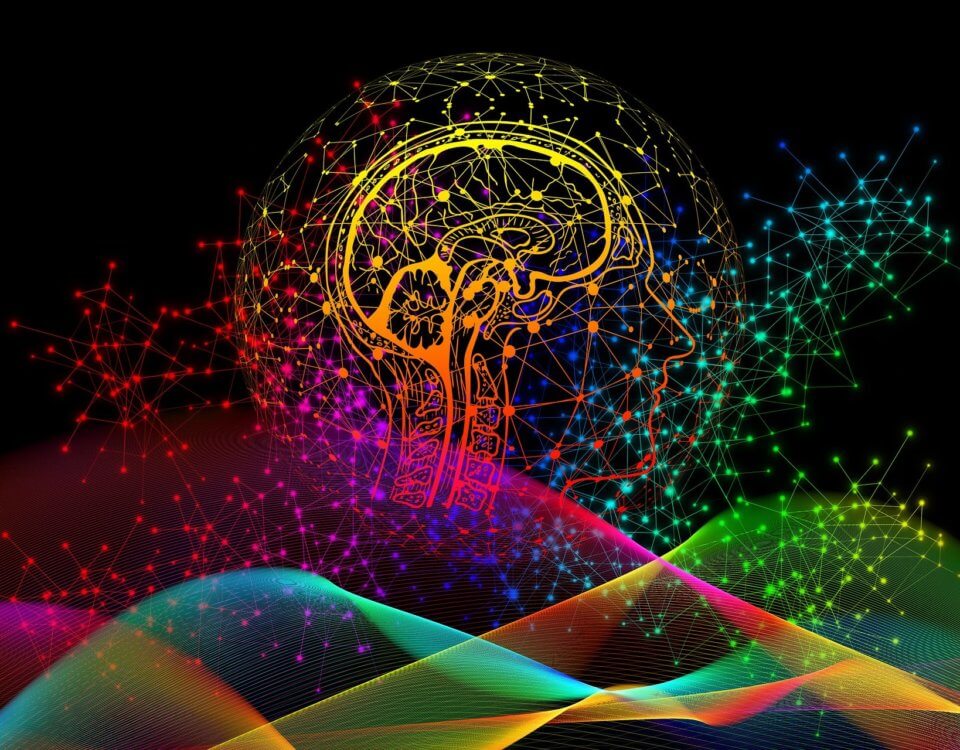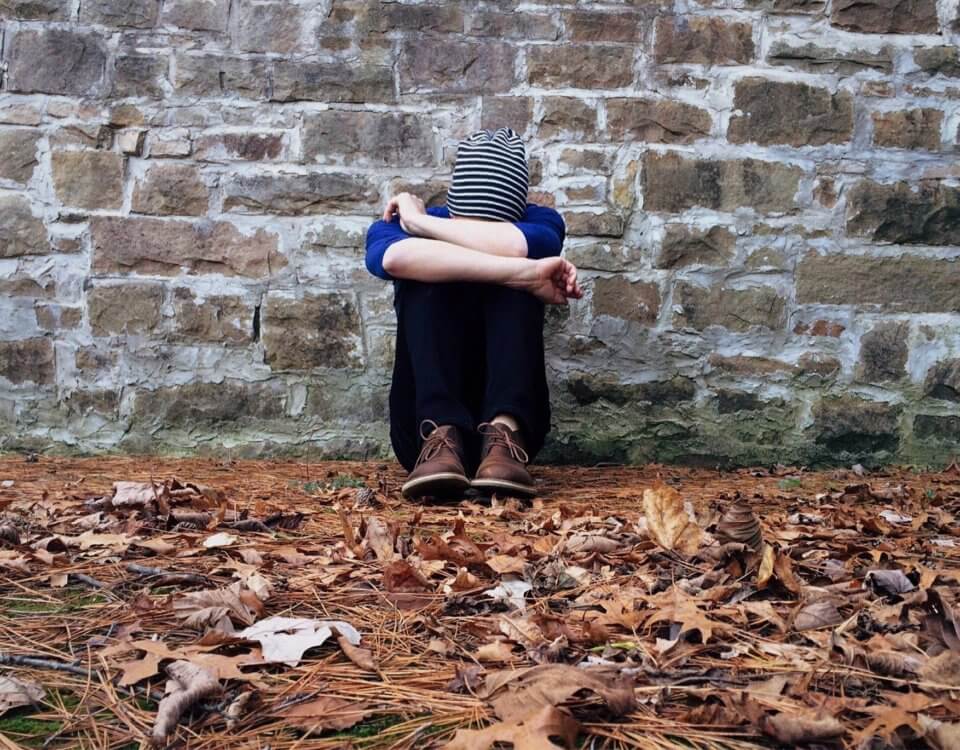Grief and Bereavement Articles and Grief Research
Below are research findings covering a range of topics regarding grieving
September 20, 2022
We wrote the article below more than 15 years ago about how we dealt with the loss of our son Mitchell. The article is being shared again because it remains a very accurate reflection of our grief process for the first ten years. Since that time, we have continued to progress, and we are doing well. Wayne has joined Anne in co-facilitating child loss groups for griefHaven. It is a meaningful way for both of us to help grieving parents and honor Mitchell’s legacy
June 7, 2022
After years of research, Dr. O'Conner wrote and recently launched her groundbraking book, The Grieving Brain. The Surprising Science Of How We Learn From Love And Loss. I believe what goes on in our brains after a loved one dies is such a profund significance that I am dedicating both April and May griefHeaven newsletters to this interview.
March 4, 2022
Researchers looked at gender differences relative to wisdom, using two different validated scales and found that, in general, women scored higher on compassion-related items and on self-reflection while men scored higher on cognitive-related items and on emotional regulation. Previous studies have shown that wisdom is a personality trait underpinning mental health and well-being.
May 28, 2021
What information is retained in a memory over time, and which parts get lost? These questions have led to many scientific theories over the years, and now a team of researchers at the Universities of Glasgow and Birmingham have been able to provide some answers. Their new study, which is published today in Nature Communications, demonstrates that our memories become less vibrant and detailed over time, with only the central gist eventually preserved. Moreover, this 'gistification' of our memories is boosted when we frequently recall our recent experiences.
April 16, 2021
Spanking may affect a child's brain development in similar ways to more severe forms of violence, according to a new study led by Harvard researchers. The research, published recently in the journal Child Development, builds on existing studies that show heightened activity in certain regions of the brains of children who experience abuse in response to threat cues.
April 1, 2021
How different are men and women's brains? The question has been explored for decades, but a new study led by Rosalind Franklin University neuroscientist Lise Eliot is the first to coalesce this wide-ranging research into a single mega-synthesis. And the answer is: hardly at all. "Men and women's brains do differ slightly, but the key finding is that these distinctions are due to brain size, not sex or gender," Dr. Eliot said. "Sex differences in the brain are tiny and inconsistent, once individuals' head size is accounted for."
March 31, 2021
The coronavirus pandemic has changed life as we know it. While it’s no secret that the pandemic has had a negative impact on people and businesses around the world, you may still be able to see a silver lining in all of this. The changes brought on by the pandemic have forced many of us to adopt new routines, healthy habits, and stress coping mechanisms that will stick around long after the pandemic is over. Here’s how to make the best of any tough life changes you may be facing right now.
March 29, 2021
The evolving science of wisdom rests on the idea that wisdom's defined traits correspond to distinct regions of the brain, and that greater wisdom translates into greater happiness and life satisfaction while being less wise results in opposite, negative consequences. Scientists have found in multiple studies that persons deemed to be wiser are less prone to feel lonely while those who are lonelier also tend to be less wise.
March 26, 2021
A study shows that harsh parenting practices in childhood have long-term repercussions for children's brain development. Repeatedly getting angry, hitting, shaking or yelling at children is linked with smaller brain structures in adolescence, according to a new study published in Development and Psychology. It was conducted by Sabrina Suffren, PhD, at Université de Montréal and the CHU Sainte Justine Research Centre in partnership with researchers from Stanford University. The harsh parenting practices covered by the study are common and even considered socially acceptable by most people in Canada and around the world.
October 26, 2020
Older people who report greater levels of social engagement have more robust gray matter in regions of the brain relevant in dementia, according to new research led by scientists at the University of Pittsburgh Graduate School of Public Health. It is the first to use a particularly sensitive type of brain imaging to conduct such an evaluation. The findings, reported today in the Journal of Gerontology: Psychological Sciences, suggest that "prescribing" socialization could benefit older adults in warding off dementia, much the way prescribing physical activity can help to prevent diabetes or heart disease.
October 26, 2020
A joint report published by researchers at the Irish Longitudinal Study on Ageing (TILDA) and ALONE examines issues of loneliness and social isolation in older adults. The report offers fresh insight into the experiences of those over 70 who were advised to 'cocoon' as part of public health measures to curtail the spread of the COVID-19 virus. New data from ALONE which documents increased feelings of loneliness, anxiety, and isolation in older adults throughout the pandemic is compared with experiences of loneliness and isolation in older adults before the COVID-19 outbreak.
October 26, 2020
Increasing the amount of time spent asleep immediately after a traumatic experience may ease any negative consequences, suggests a new study conducted by researchers at Washington State University's Elson S. Floyd College of Medicine. Published today in Scientific Reports, the study helps build a case for the use of sleep therapeutics following trauma exposure, said William Vanderheyden, an assistant research professor and the lead author on the study. "Basically, our study has found that if you can improve sleep, you can improve function."













